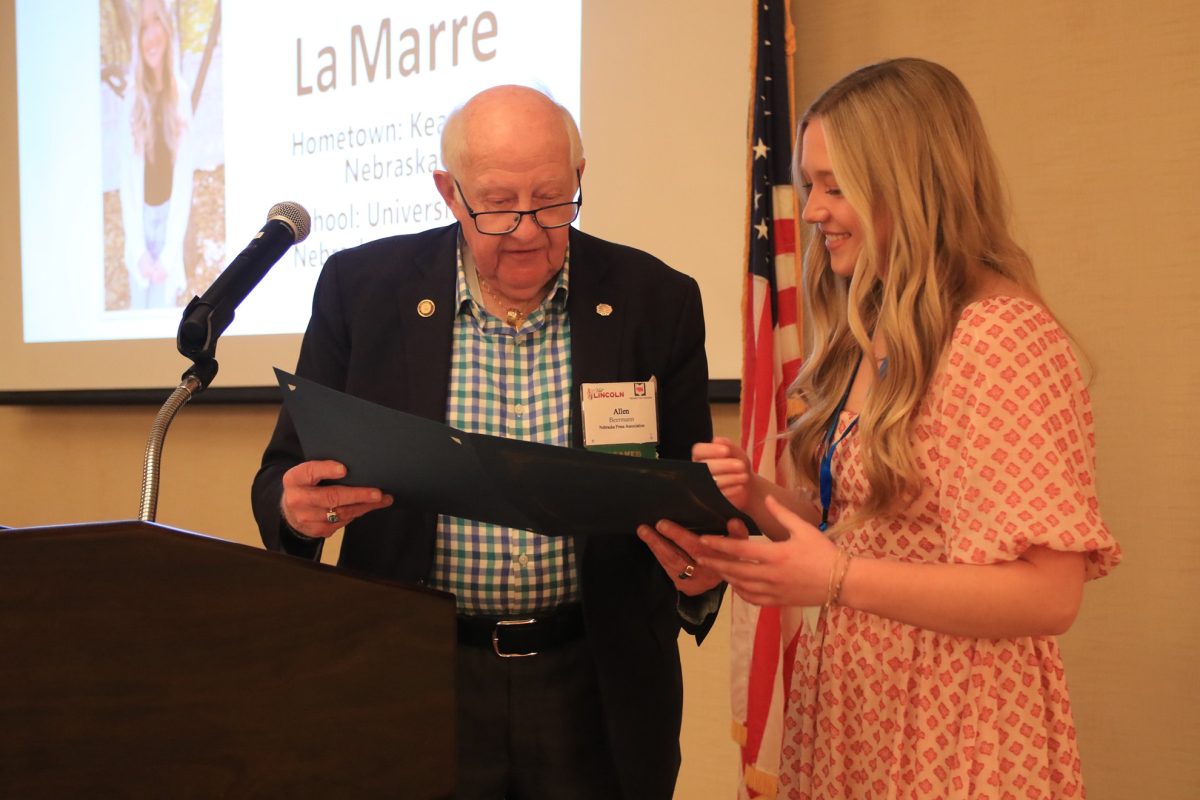delgadosandovals@lopers.unk.edu
As winter’s chill lingers and the promise of spring whispers in the breeze, there emerges a day both revered and reviled among the hearts of students: Valentine’s Day. The world adorns itself in hues of red and pink, garnished with chocolates and roses.
For many, this annual celebration of love becomes a poignant reminder of the complexities of modern romance and the relentless pressures of societal expectations. For some, Valentine’s Day serves as a stark reminder of unmet expectations and unrequited affections. In a landscape where social validation is often measured in likes and swipes, the absence of a romantic partner can weigh heavily on the minds of young students.
Some students may tie their self-worth to their relationship status or romantic experiences. Valentine’s Day can amplify feelings of inadequacy or unworthiness if they perceive themselves as lacking in romantic success. The commercialization of Valentine’s Day often promotes unrealistic expectations about love and relationships. Students may feel disappointed if their experiences don’t live up to the idealized portrayals seen in media and advertising.
Cultural or familial expectations surrounding relationships and marriage can add additional pressure on young adults during Valentine’s Day. Society’s emphasis on romantic relationships during this holiday can create pressure for young adults to be in a relationship or to demonstrate their love in extravagant ways. This pressure to conform to societal expectations can lead to feelings of anxiety and self-doubt.
Yet, amidst the chaos of heart-shaped balloons and cloying sentimentality, there exists a glimmer of hope—a recognition that love, in its truest form, transcends the trappings of a single day. It is found in the laughter shared between friends, the quiet moments of self-reflection and the simple acts of kindness that bind us together.
Valentine’s Day offers an opportunity for students to practice self-acceptance and self-love, regardless of their relationship status. Embracing oneself and recognizing one’s worth beyond romantic relationships can foster greater confidence and resilience. By reframing Valentine’s Day as a day to prioritize comfort and self-care, students can alleviate stress and anxiety associated with unrealistic expectations and social comparison.
Showing love to others transcends the boundaries of a single day on the calendar. Love can become an ongoing practice, a daily commitment to kindness, compassion and empathy. As the echoes of Valentine’s Day fade into the distance, we ought to carry the spirit of love and mindfulness in our hearts.
We need to recognize that love is not a commodity to be bought and sold but a force that binds us together in shared humanity. True love, in all its forms, is not found in grand gestures or extravagant gifts. Instead, it’s in the quiet moments of connection, understanding and grace that enrich our lives and nourish our souls.
As we bid farewell to Cupid’s holiday and embrace the dawn of a new day, let us resolve to show love to others not just on Valentine’s Day, but every day. In the end, love sustains us and unites us. Love has the power to heal even the deepest wounds of the human heart.
































